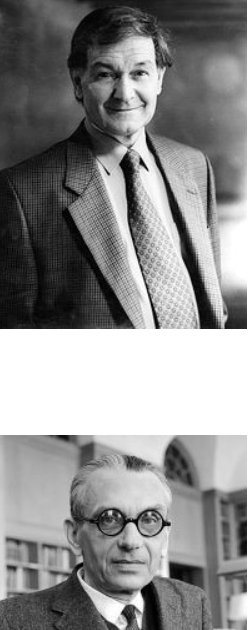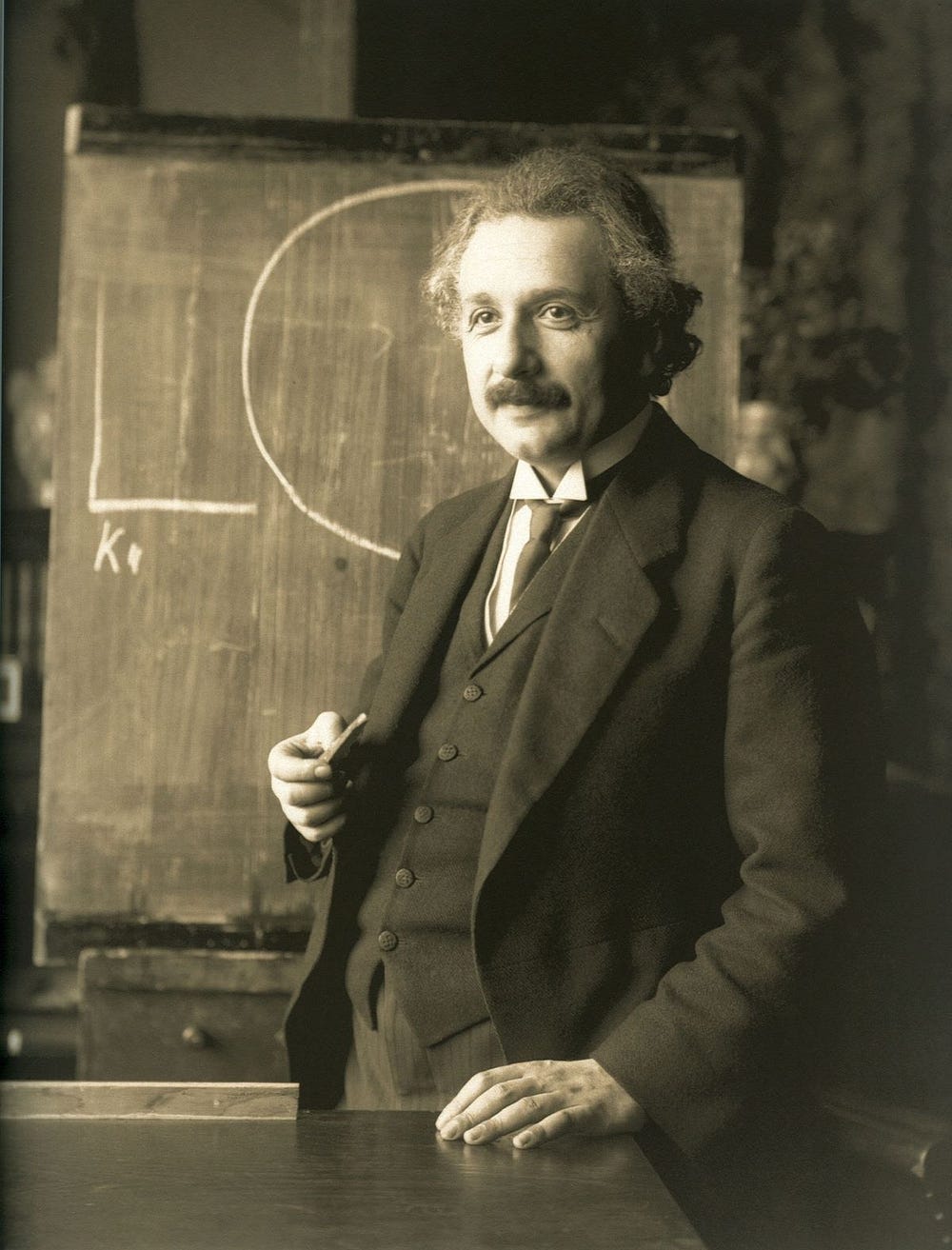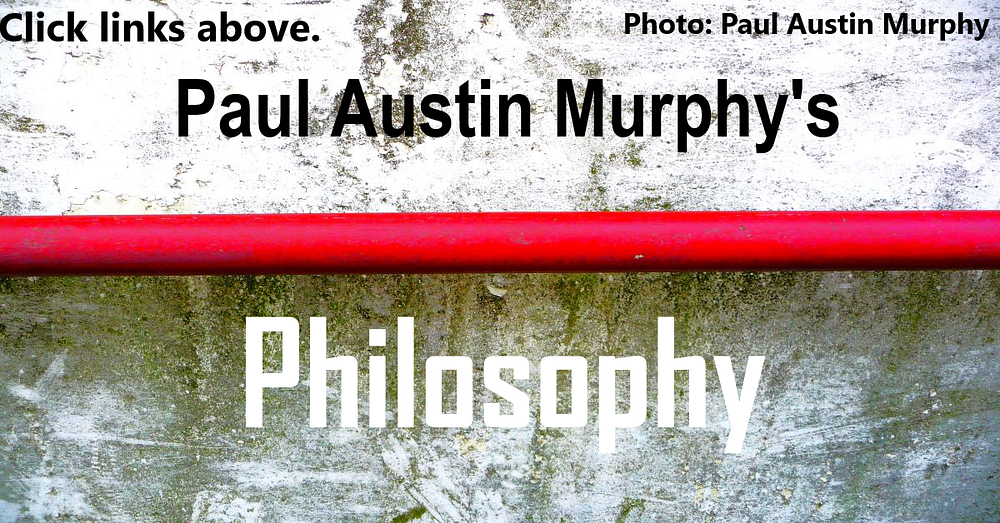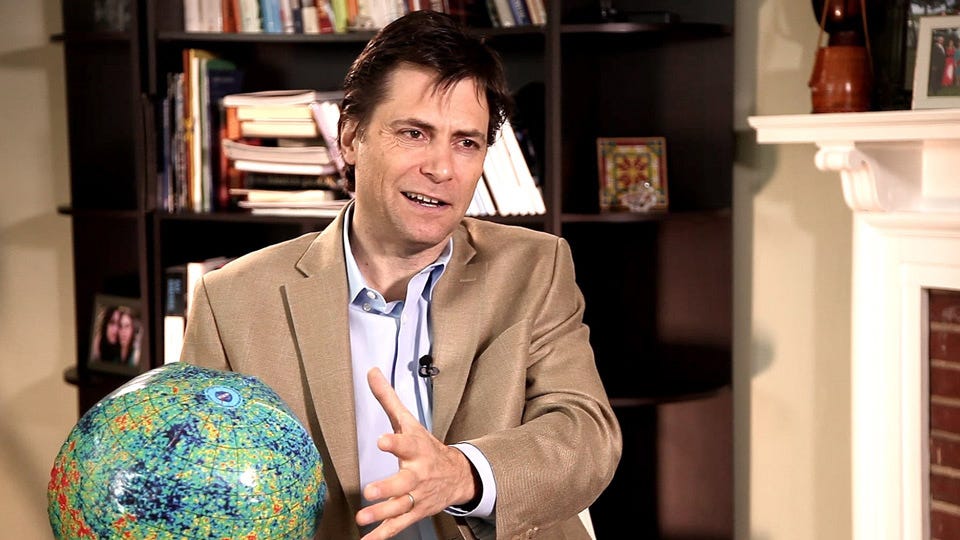When it comes to many students of philosophy, it can be said that much of the process of learning the discipline can — or does — involve the emulation and even outright imitation of philosophers’ (academic) prose styles and even the imitation of their actual philosophical content. Indeed, students — and perhaps some professional academics — find it hard to distinguish between referencing philosophers’ work and actually being entirely parasitical upon it. This often means that such people are effectively caught in intertextual traps.

“The safest general characterization of the European philosophical tradition is that it consists of a series of footnotes to Plato.” — A.N. Whitehead (see source here)
The first thing to state here is that the title of this essay has little to do with what’s called metaphilosophy (or the philosophy of philosophy). That’s because this discipline involves conscious philosophising about (or the analysis of) the nature of philosophy from what can be deemed to be a higher-order perspective. (Hence the prefix meta.) On the other hand, the intertextual philosophy featured in this essay is largely an unconscious affair.
The neologism intertextuality itself was coined by the literary critic, semiotician and psychoanalyst Julia Kristeva (see here). However, let the literary theorist and semiotician Roland Barthes (1915–1980) offer his own take on it (which, admittedly, isn’t strongly tied to my own positions and examples):
“Any text is a new tissue of past citations. Bits of code, formulae, rhythmic models, fragments of social languages, etc. pass into the text and are redistributed within it, for there is always language before and around the text. Intertextuality, the condition of any text whatsoever, cannot, of course, be reduced to a problem of sources or influences; the intertext is a general field of anonymous formulae whose origin can scarcely ever be located; of unconscious or automatic quotations, given without quotation marks.”
In technical terms, intertextuality can (but need not) involve outright plagiarism, quotation, parody and pastiche. However, all these terms imply a writer’s (or student’s) conscious relations to what it is that he or she is plagiarising, quoting, etc. In terms of the philosophers discussed here, this isn’t the case (at least not in the main). So their kind of intertextuality has nothing to do with, for example, allusion. That’s mainly because allusion is, again, a conscious (usually literary) strategy or device.
The notion of intertextuality hasn’t really been applied (at least not often) to philosophy — especially not to 20th century analytic philosophy. In fact, it’s usually found within the context of literature. (As already seen in terms of the earlier references to Kristeva and Barthes.) However, as we’ll now see, the notion of intertextuality can be applied across the board.
Intertextual Films
My own personal awareness of intertextuality came about when watching mainstream films. (Thus, “intertextuality” is a fancy word for something which many people have noted.) In this case, I noted how derivative (mainly Hollywood) films are. More particularly, one can easily see how so many films are based (or even parasitical) upon other films. (This can be seen in the dialogue, stories, dress, music, characters’ phrases, dialects, overall production, camera angles, etc.) Some good examples of this include the “cockney gangster genre” (satirised in the film ‘Cockneys vs Zombies’), Hollywood films about the New York Mafia and serial killers, “action films” and even news/current affairs programmes (check out the satire The Day Today).
So, in that sense, these examples are films about films.
The director and writer Quentin Tarantino once used that phrase to refer to his own work. Yet Tarantino is simply more honest and explicit about what he’s doing when he writes and directs his intertextual films. (See ‘Let’s Get Into Character: Role-Playing in Quentin Tarantino’s Postmodern Sandbox’.)
However, it must be noted that all this certainly isn’t a reference to “films about films” in the strict sense in which some films have literally been about other films. (See also ‘The Trouble With Films About Films’.)
So, as stated, many films are essentially films about films. That is, many films are intertextual.
Intertextual Philosophy
When it comes to (mainly) students of philosophy and young professional philosophers, it can be said that much of the process of learning the discipline can — or does — involve the emulation and even outright imitation of philosophers’ (academic) prose styles. However, this often even applies to the emulation and imitation of actual philosophical content too. When this is obvious and blatant, it’s sometimes called patchwriting. (This can verge on outright plagiarism.) Indeed, philosophy students up to PhD level, and some young professional philosophers, can find it hard to distinguish between (oblique or direct) references to philosophers’ work and actually being entirely (to put it strongly) parasitical upon it.
All that said, patchworking isn’t really what is featured in this essay. That’s because the kind of intertextuality discussed here comes about because the philosopher is so immersed in certain (philosophical) texts that there’s no deliberate imitation or patchwriting going on at all. However, there may indeed be unintentional imitation or patchwriting involved in his or her written work.
[Many professional — i.e., academic — philosophers patchwork their own previous work. Sometimes they don’t even change the passages they reuse. Indeed, I’ve done this myself — if only in small detail — in this very essay. However, whether or not this self-quoting can be classified as patchworking is debatable. It certainly can’t be classed as plagiarism.]
Wannabe Philosophers
At the other extreme, there are some philosophers (especially “wannabe” philosophers) who would like to flatter themselves with the view that their own philosophical positions and ideas have (virtually?) come out of their very own thin air. Such people hold the view that their personal philosophies and worldviews are entirely original… or at least very original. (This has also been the case with a fair number of “classical” composers, rock/pop bands, amateur physicists, etc.)
It can be asked, then, where would the novice (as it were) aprioristic philosopher get his terms, concepts and tools from. Isn’t it the case that he wouldn’t have the vocabulary to philosophise in the first place without intertextual help? And isn’t it also the case that he or she wouldn’t even feel the need to ask philosophical questions at all without the spur of preceding philosophy?
Jacques Derrida (1930–2004), who’s often seen as being a truly original philosopher, is of help here.
Derrida (in his essay ‘Violence and Metaphysics’ ) once stated (to paraphrase):
The aprioristic philosopher would still think or speak Greek.
The French philosopher himself admitted to being a (what he called) “Jew-Greek”. That is, Derrida claimed that he lived in a “house” which had been built for him by (religious) Jews and Christians, as well as by (pagan) philosophical Greeks.
What’s more, it isn’t only students of philosophy and young professional philosophers who write philosophy about philosophy or who continually bounce off other philosophers’ texts.
Take the (arbitrarily-chosen) cases of Immanuel Kant and Arthur Schopenhauer.
Some Examples of Intertextuality From Philosophy
Where did Kant’s (as it were) Kantian problems and questions come from? Didn’t they largely come from other philosophers?
More clearly, Kant wouldn’t have been a Kantian without the impasse between rationalism and empiricism, as well as the scepticism of David Hume. Similarly, Schopenhauer wouldn’t have been a Schopenhauerian without Kant and the work of the German Idealists (among other things) who came before him.
Of course, some philosophers (like the wannabes earlier) have seen themselves as being aprioristic philosophers. That is, they didn’t only take a position on the a priori within philosophy; but also an a priori position toward philosophy itself. That is, such philosophers believed that the best way to do philosophy isn’t to read as many philosophical texts as possible — or even read any texts at all. Instead, the best way to do great and original philosophy is simply to think and reason independently of all texts. (Arguably, Ludwig Wittgenstein took this view — at least at times. See this account. As did Martin Heidegger.)
As for intertextuality as it applies to contemporary philosophers.
Take the analytic philosopher William G. Lycan’s medium-length paper ‘The Continuity of Levels of Nature’. This paper includes fifty-two references to other philosophers’ texts. And, in addition, take Jaegwon Kim’s ‘Supervenience as a Philosophical Concept’, which has fifty-one such references. This kind of (as it were) manic referencing is more or less the norm when it comes to papers published in analytic philosophy journals. (One can suppose that this is taken to be a display of the philosophers’ research skills.)
So what about philosophy students, rather than professionals?
It can be said that when a student of analytic philosopher thinks about, say, (what’s often called) the nature of mind, all he primarily does (in crude terms) is read about what, randomly, David Chalmers and Daniel Dennett have said on it. This must mean that he too may well be caught in his own intertextual trap. (Of course, it’s unlikely that any student of mind would rely on only two philosophers.) Indeed, all a student’s responses, reactions and commentaries on the nature of mind may be largely intertextual in nature.
Thus, when students study philosophy at university, it seems that the reading of a multitude of texts (along with research generally) often seems to be far more important than independent thinking and reasoning…
Yet this certainly isn’t entirely a bad thing!
And that’s primarily because (as just noted) aprioristic philosophers aren’t really aprioristic philosophers at all. What’s more, those who see themselves this way often produce very poor philosophy.
My flickr account and Twitter account.















